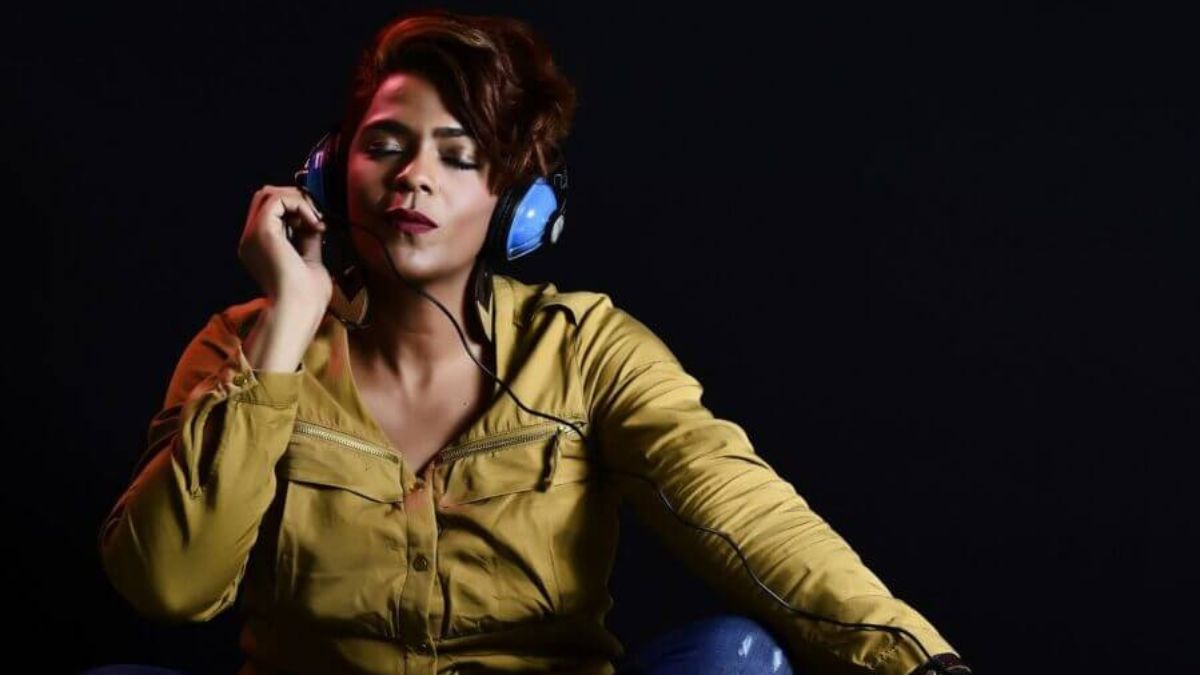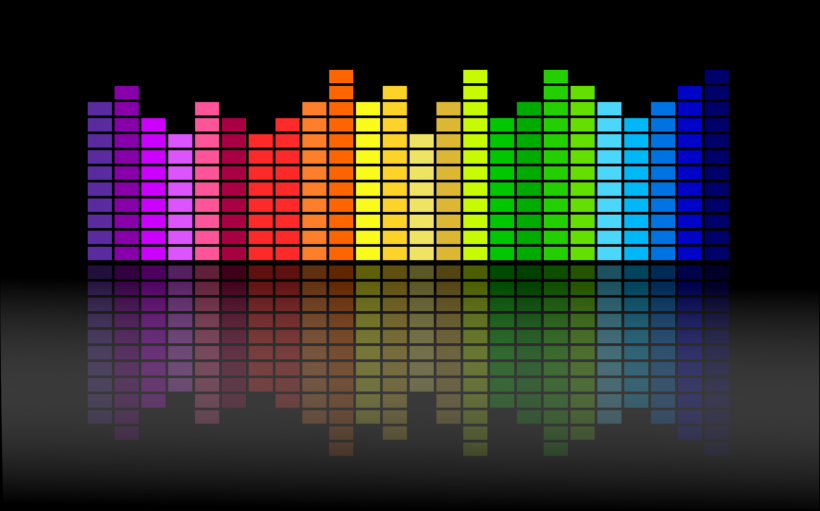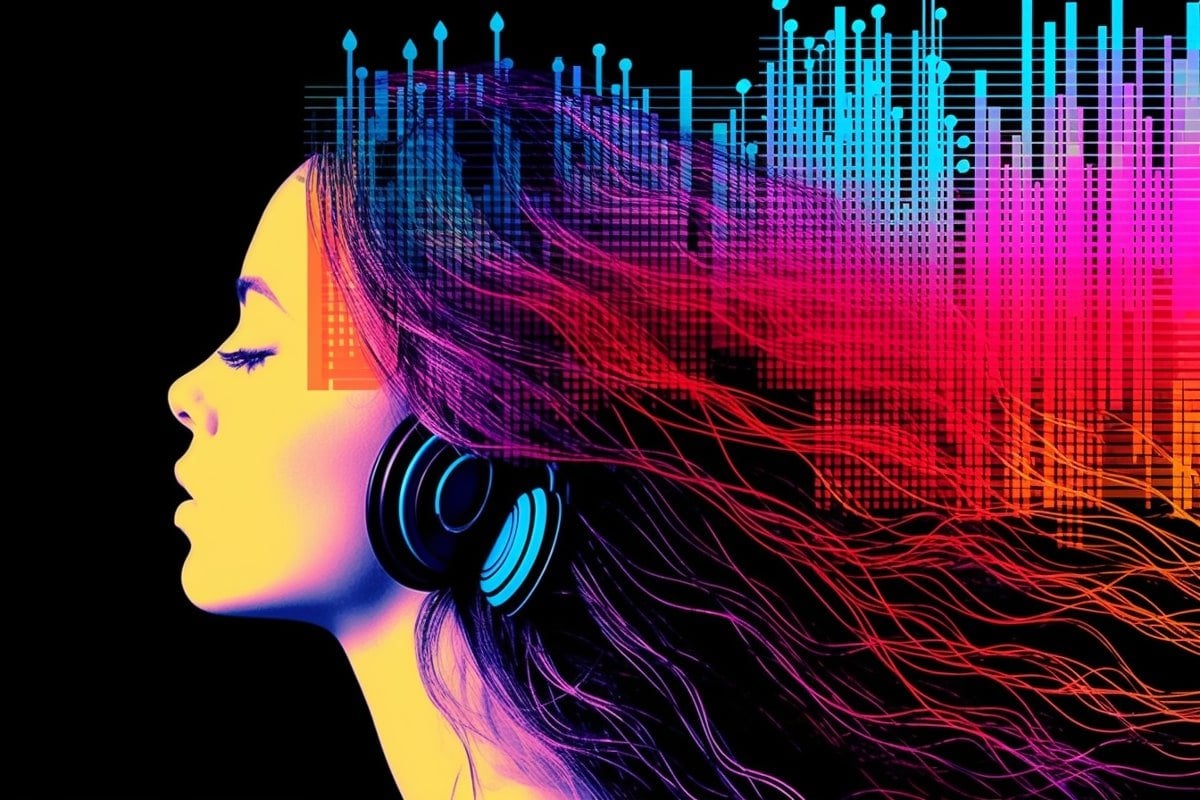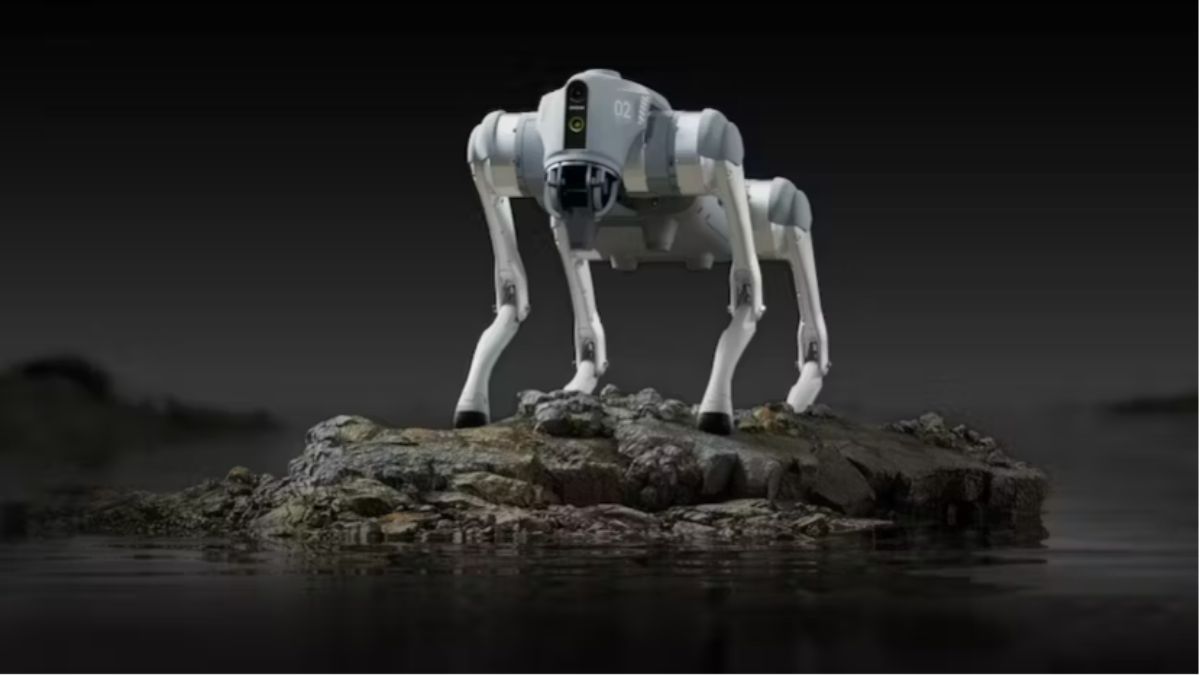Machine Learning Can Spot Hit Songs With 97% Accuracy- A New Study Reveals
June 21, 2023 By Raulf Hernes

(Image Credit Google)
(Image credit- Science Blog)
With thousands of songs being published every day, it can be difficult for streaming services and radio stations to choose which
songs will be enjoyed by a variety of listeners.
These services have employed both artificial intelligence and human listeners to address this issue. This method only predicts the likelihood of songs becoming hits with a 50% accuracy rate, though.
Now, a study by a team of American researchers has harnessed the strength of extensive machine learning algorithms applied to brain reactions, yielding a startling 97% accuracy in predicting successful songs.
[caption id="" align="aligncenter" width="820"]

Image credit- Tech Times[/caption]
Neurophysiologic Data and Machine Learning
The senior author of the study, Professor Paul Zak of Claremont Graduate University, gave the following explanation of the results: "By using machine learning to neurophysiologic data, we could virtually accurately identify hit songs.
It is quite astonishing that 33 individuals' cerebral activity can predict whether millions of other people would listen to new tunes. Nothing even close to this level of accuracy has ever been demonstrated.
Participants in the study wore commercially available sensors, which allowed them to listen to a set of 24 songs while providing feedback on their preferences and basic demographic data.
Throughout the trial, the researchers monitored the individuals' neurophysiologic reactions to the songs. The activity of a brain network connected to mood and energy levels was reflected in the brain signals, according to Zak.
[caption id="" align="aligncenter" width="1280"]

Image credit- Tech Xplore[/caption]
This made it possible for the team to make predictions about the market based on information collected from a small group, including the
number of song streams.
This novel strategy, called "neuro forecasting," uses neural activity from a small number of subjects to forecast impacts at the population level without the requirement for comprehensive brain activity measurements from a large sample.
After gathering the data, the researchers used a variety of statistical techniques to assess the predictability of neurophysiological variables, allowing for a direct comparison of the models.
They significantly improved the accuracy of recognizing hit songs by using machine learning techniques. Applying machine learning techniques increased the rate of successful identification from a linear statistical model's 69% success rate to an astonishing 97%.
[caption id="" align="aligncenter" width="1200"]

Image credit- Neuroscience News[/caption]
Hit songs were properly identified at an 82% success rate when machine learning was applied to the brain responses within the first minute of the music.
Also read:
Google TV Update Gives Performance Boost and Clears Some Storage Space
Neuroscience technologies for wearables
Wearable neuroscience tools, like those employed in the study, are something the researchers hope to see more of in the future. This would enable customized entertainment experiences based on people's neurophysiology, delivering a curated range of options that fit their interests and speeding up and simplifying the decision-making process.
Despite the fact that the study's findings were nearly perfect, the researchers acknowledged several restrictions. Although the study participants were reasonably diversified in terms of age and ethnicity and the number of songs they examined, several age and ethnic groups were left out.
However, the researchers think their approach can be used for more than only predicting blockbuster songs, possibly including other media like movies and TV shows. The study's results were released in the journal Frontiers in Artificial Intelligence.


 Image credit- Tech Times[/caption]
Image credit- Tech Times[/caption]
 Image credit- Tech Xplore[/caption]
This made it possible for the team to make predictions about the market based on information collected from a small group, including the number of song streams.
This novel strategy, called "neuro forecasting," uses neural activity from a small number of subjects to forecast impacts at the population level without the requirement for comprehensive brain activity measurements from a large sample.
After gathering the data, the researchers used a variety of statistical techniques to assess the predictability of neurophysiological variables, allowing for a direct comparison of the models.
They significantly improved the accuracy of recognizing hit songs by using machine learning techniques. Applying machine learning techniques increased the rate of successful identification from a linear statistical model's 69% success rate to an astonishing 97%.
[caption id="" align="aligncenter" width="1200"]
Image credit- Tech Xplore[/caption]
This made it possible for the team to make predictions about the market based on information collected from a small group, including the number of song streams.
This novel strategy, called "neuro forecasting," uses neural activity from a small number of subjects to forecast impacts at the population level without the requirement for comprehensive brain activity measurements from a large sample.
After gathering the data, the researchers used a variety of statistical techniques to assess the predictability of neurophysiological variables, allowing for a direct comparison of the models.
They significantly improved the accuracy of recognizing hit songs by using machine learning techniques. Applying machine learning techniques increased the rate of successful identification from a linear statistical model's 69% success rate to an astonishing 97%.
[caption id="" align="aligncenter" width="1200"] Image credit- Neuroscience News[/caption]
Hit songs were properly identified at an 82% success rate when machine learning was applied to the brain responses within the first minute of the music.
Also read: Google TV Update Gives Performance Boost and Clears Some Storage Space
Image credit- Neuroscience News[/caption]
Hit songs were properly identified at an 82% success rate when machine learning was applied to the brain responses within the first minute of the music.
Also read: Google TV Update Gives Performance Boost and Clears Some Storage Space






